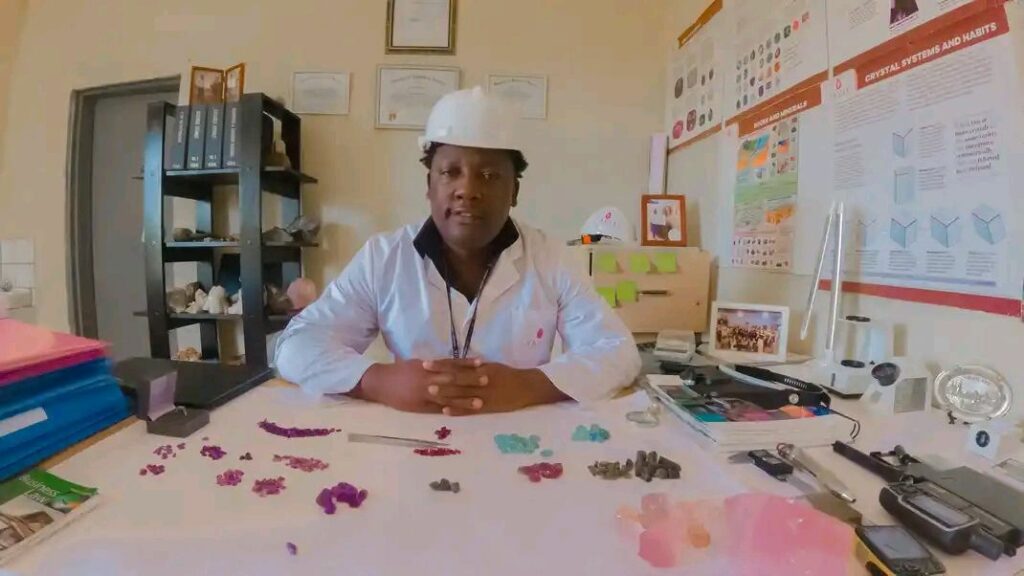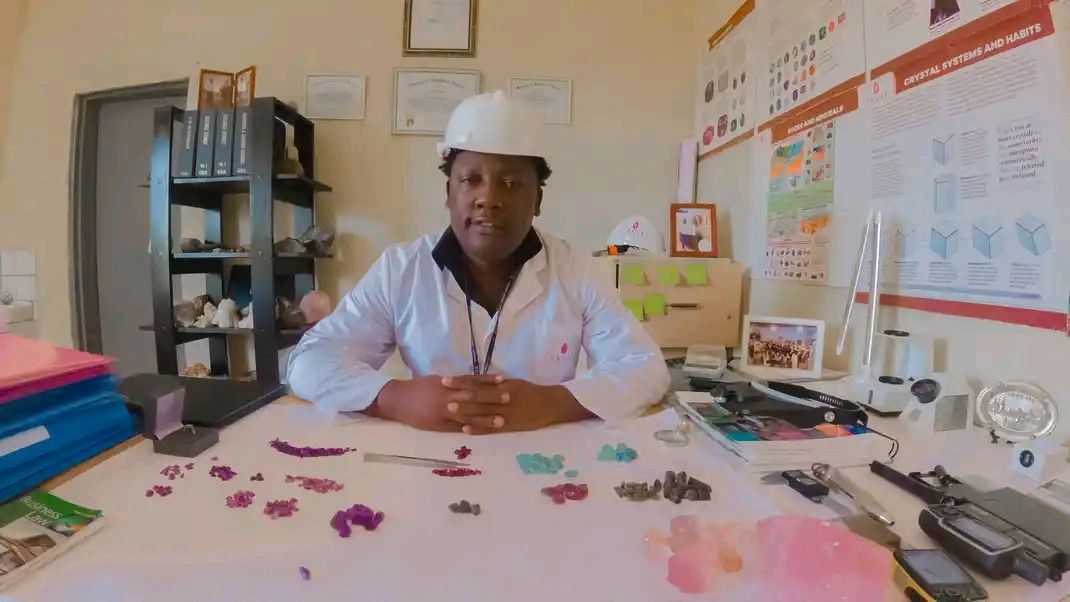By Chisomo Phiri
Renowned gemology expert Yamikani Jimusole has raised concerns about the Reserve Bank’s handling of gold and gemstone purchases, calling for a comprehensive forensic audit to uncover potential discrepancies.
Despite Malawi’s vast mineral wealth, Jimusole questions why forex shortages persist, sparking concerns about transparency and accountability.
Rumors have surfaced that the Reserve Bank may have procured fake gold due to shortages of skilled experts, further fueling concerns about the management of Malawi’s mineral resources
.

Jimusole, also a miner, urges authorities to take immediate action.
“It is unacceptable that our country, rich in gold and gemstones, continues to struggle with forex shortages.
“The rumors of fake gold procurement are alarming and highlight the need for a forensic audit.
“We need transparent purchases and sales, ensuring fair value for our precious resources,” he says.
Discrepancies in the Reserve Bank’s reported gold purchases compound Jimusole’s concerns.
In November 2022, Governor Dr. Wilson Banda reported procuring 200 kgs of gold; however, in July 2024, Dr. Mark Lungu claimed only 208 kgs had been purchased to date, implying only 8 kgs were bought since 2022.
This raises questions about the bank’s procurement processes and the accuracy of its reporting.
Furthermore, during his 2022 address, President Dr. Lazarus Chakwera announced that the Reserve Bank aimed to procure 1.5 tons of gold within three years.
Given the bank’s current reported purchases, it seems unlikely that this target will be met, sparking concerns about the bank’s ability to manage mineral resources effectively.
Jimusole recommends that the Reserve Bank offer a market for Malawians to sell gold and gemstones, but emphasizes proper systems to avoid discrimination.
Currently, individuals with finished gemstones struggle to find a market, while those with rough gemstones can sell to the bank.
“We need a level playing field. If the Reserve Bank is going to offer a market, it must be accessible to all Malawians, regardless of whether they have rough or finished gemstones.Otherwise, it’s discriminatory and will only benefit a select few,” says Jimusole.
Additionally, Jimusole has sent a letter to the Reserve Bank seeking clarification on the Exchange Control Act ahead of gemstone exports.
He advocates for proper grading, certification, and appraisal systems aligned with international standards to reap full benefits from the sector, including increased revenue, job creation, and economic growth.
The Reserve Bank has yet to respond to Jimusole’s demands, but the move highlights the need for urgent action to address forex shortages and ensure transparency in the sector.
Jimusole, a graduate gemologist from the Gemological Institute of America (GIA), has been researching why Malawi remains poor despite its abundant minerals.
One of the reasons he has identified is the absence of standards due to a lack of grading, certification, and appraisal systems.
Jimusole believes that the gem and jewelry industry in Malawi is capable of generating in excess of $1 billion annually, highlighting the significant potential for economic growth and development.



